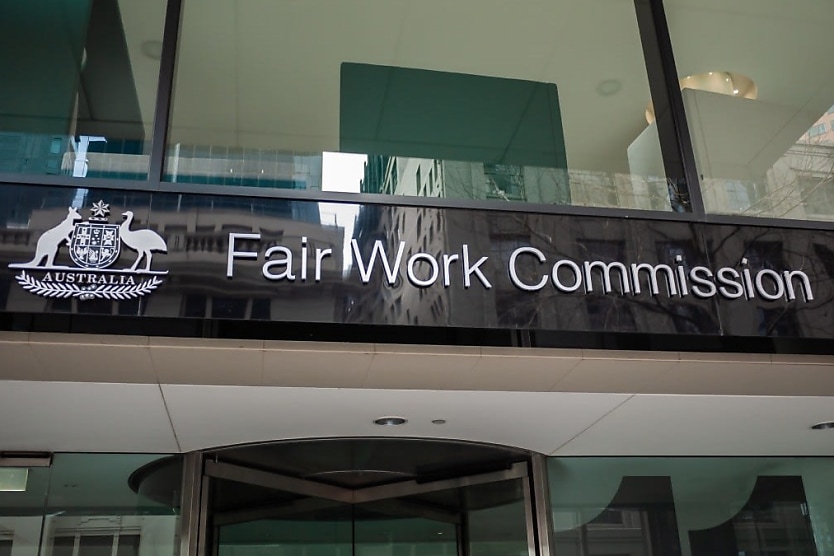‘Rude’ employee says he should have been ‘nastier’ to supervisor
SHARE THIS ARTICLE

A graduate lawyer told the Fair Work Commission he did not care whether one of his supervisors was “dead or alive”.
In response to “reasonable and appropriate questions” under cross-examination, a graduate lawyer employed with the Department of Employment and Workplace Relations said it was “f--king ridiculous” and made “highly improper and baseless accusations”.
This behaviour was rife throughout the Fair Work Commission (FWC) hearing, with deputy president Lyndall Dean finding the graduate lawyer – who has not been named to protect the identities of his supervisors – was “exceptionally difficult to deal with”.
“During the hearing, [the graduate] was belligerent, rude, obstructive, refused to concede points he clearly should have, and regularly refused to answer questions directly,” Dean said.
Further, despite having a law degree, Dean said he was unable to follow the most “basic of instructions” to prepare a witness statement.
The statement of claim he provided instead included “inaccurate and misleading commentary about emails”, the subject of his complaint.
The graduate lawyer made an application for an order to stop bullying in the department, having alleged three of his female superiors had breached codes of conduct and their professional obligations.
During the hearing, he said he did not care whether one of his supervisors was “dead or alive”, referred to one as a “moron with no credibility” and said he “should have been nastier” to another.
The crux of his allegations involved his lateness to work and scheduled meetings, falling asleep in meetings, delays in producing work, and an apparent refusal to follow guidance provided by his supervisors.
When one of the supervisors requested a meeting to discuss his performance, the graduate complained her email was “accusatory and out of context and there was insufficient evidence or detail provided”.
He claimed the tone “appears to menace, threaten or embarrass” him and feedback from employees was “biased and unfair”.
Dean said there was nothing in the email that could be conveyed that way and there was nothing unreasonable in the supervisor’s request for the graduate to attend meetings and training sessions on time.
At a later date, a supervisor approached the graduate “without warning or notice” and allegedly accused him of undermining her.
The FWC learnt the supervisor had become frustrated because the graduate was not following any feedback she had given him or progressing in any of the tasks he was assigned.
The supervisor felt undermined because the graduate continued to pursue a leave and training issue that had already been resolved.
The graduate lawyer then emailed the supervisor and copied in the department secretary to advise he would lodge a formal complaint against her if she did not “improve the culture of the work area”.
When he ran into similar issues with a new supervisor, the graduate claimed he received an email that was “condescending and stern”.
This email provided guidance and a task list that Dean was satisfied would be “more than adequate” for a supervisor to send.
Having investigated each of the graduate’s allegations, Dean added that each supposed incident by a supervisor was “entirely appropriate” for them to do in relation to concerns with an employee.
“There is nothing wrong in the emails … which could objectively be considered as anything other than appropriate, respectful and reasonable. There was simply no bullying behaviour at all,” Dean said.
“It is incumbent on any employer to set clear expectations of work performance, and this is what the department appropriate and professionally did.
“Clearly, [the graduate’s] conduct in the workplace was unacceptable and ought to have been dealt with.”
RELATED TERMS
An employee is a person who has signed a contract with a company to provide services in exchange for pay or benefits. Employees vary from other employees like contractors in that their employer has the legal authority to set their working conditions, hours, and working practises.
A supervisor is a member of staff who is senior to other employees and has the power to delegate work tasks, discipline employees who work under them, interview job candidates, handle complaints and grievances, and generally make independent decisions about how to run the business following more general business principles.
